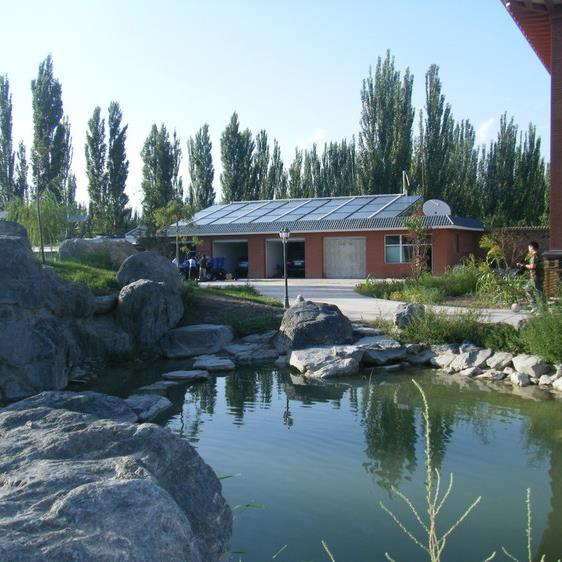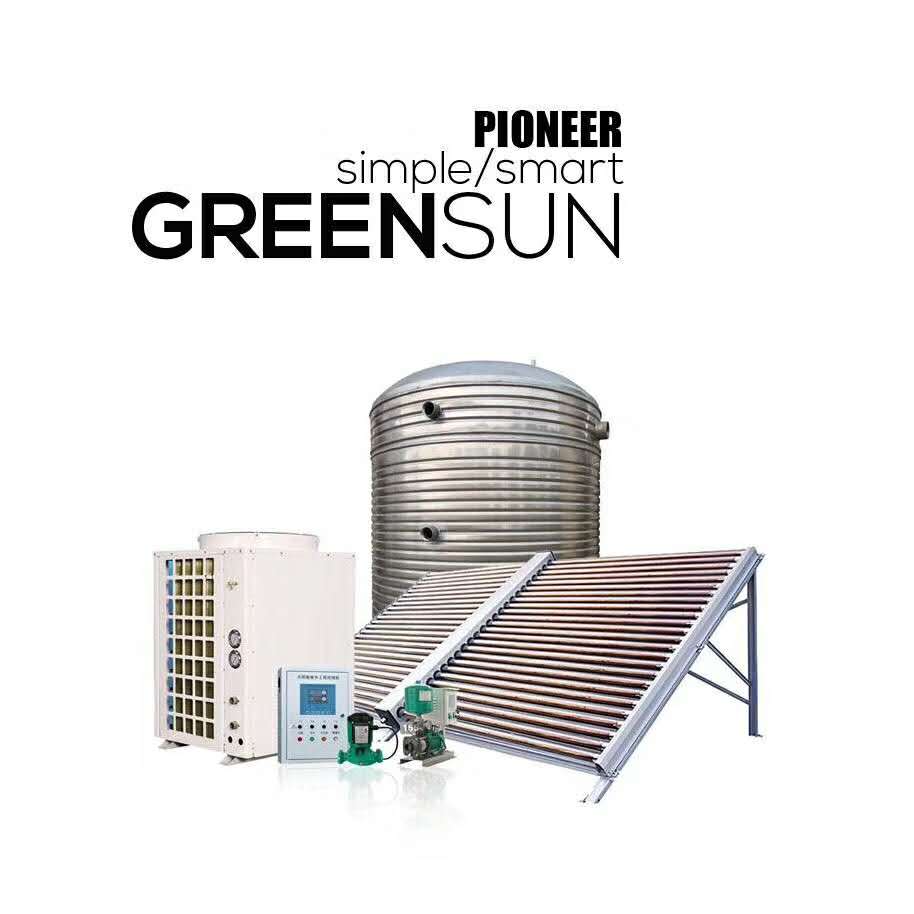
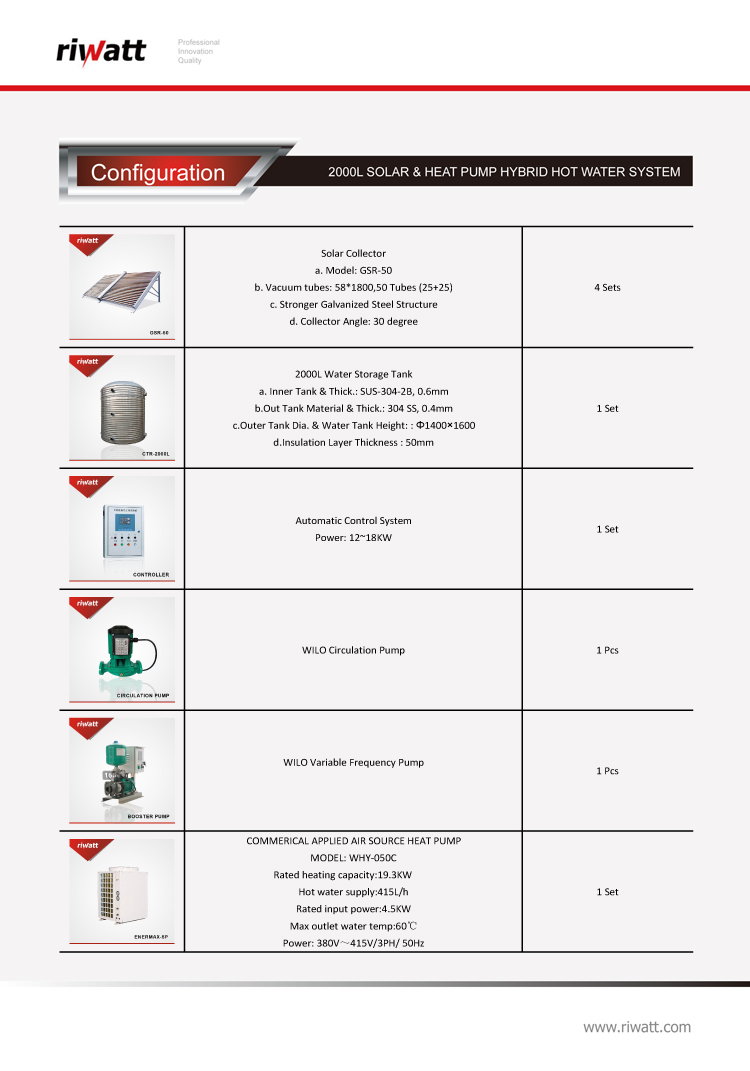
.jpg)
.jpg)
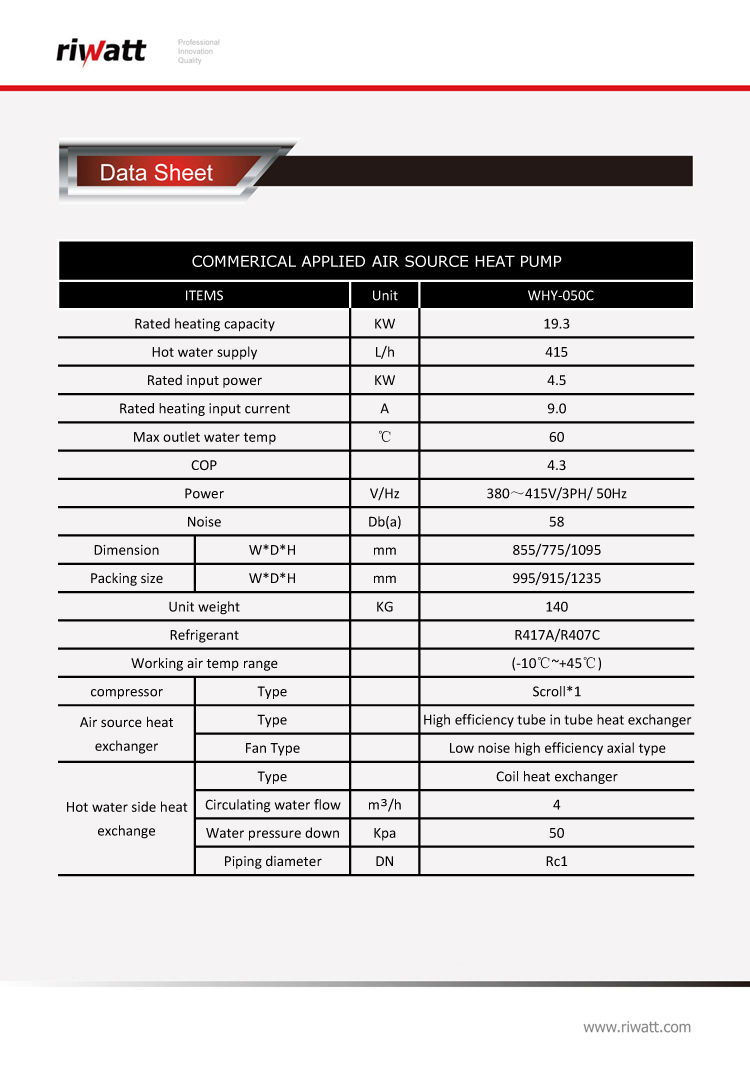
Solar Hot Water – The Most Efficient Way to Heat Water
Solar thermal customer Andy Chase discusses his solar evacuated tube array, which has reduced his home’s oil use by roughly 300 gallons per year!
Solar water heating actually dates back to the ancient Egyptians (who used it as a form of hydronic heating in pyramids, as did the Romans), but we’ll start in the early 2000s, when solar thermal was 50% of the work we did.
By adopting European best practices, we developed a solar hot water (SHW) design that was built to survive 20+ of the harshest winters Northern New England could throw at it (and, based on customer feedback, has met and exceeded those expectations).
IN DEPTH LOOK AT OUR SOLAR HOT WATER DESIGNS
At that time, solar photovoltaic (PV) was upwards of $8/watt and oil prices were better than $3.5/gallon, making the economics of SHW extremely attractive. Flash forward 8 years, and the economics of water heating are much different. Solar PV panels have dropped in price by over 74% since 2004 and electric water heating solutions have improved quite a bit.
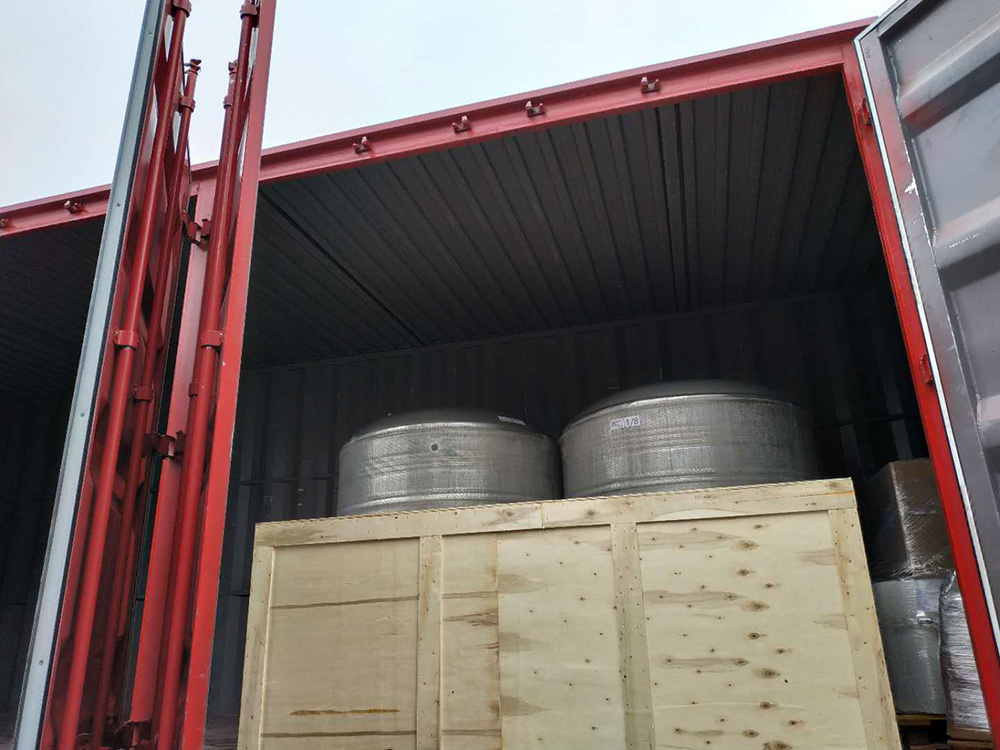
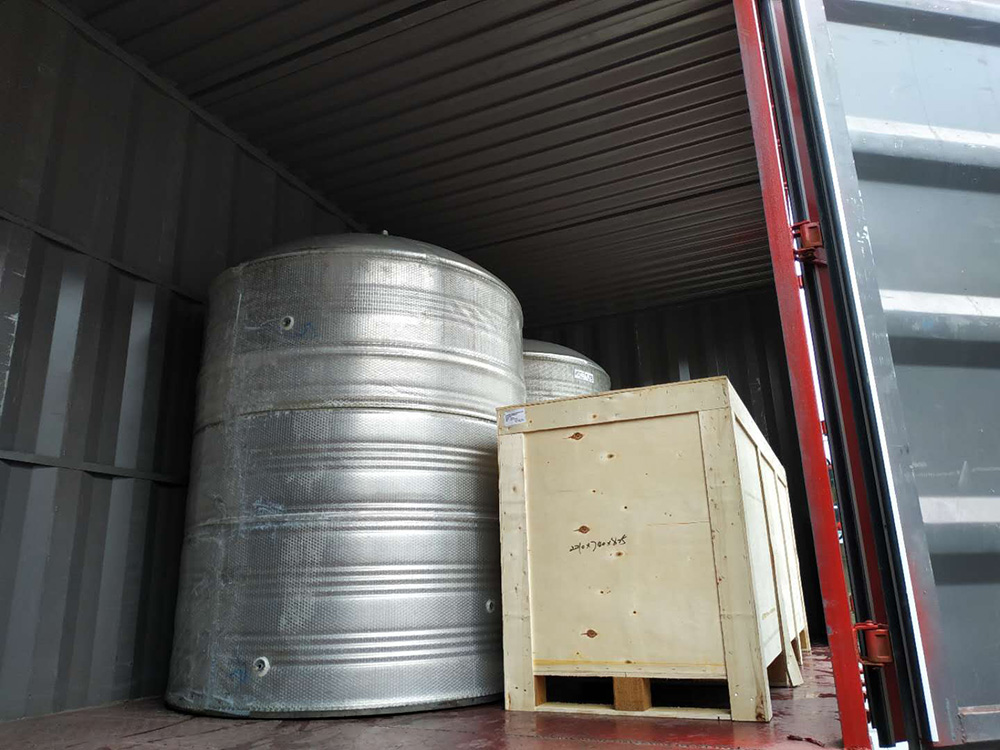
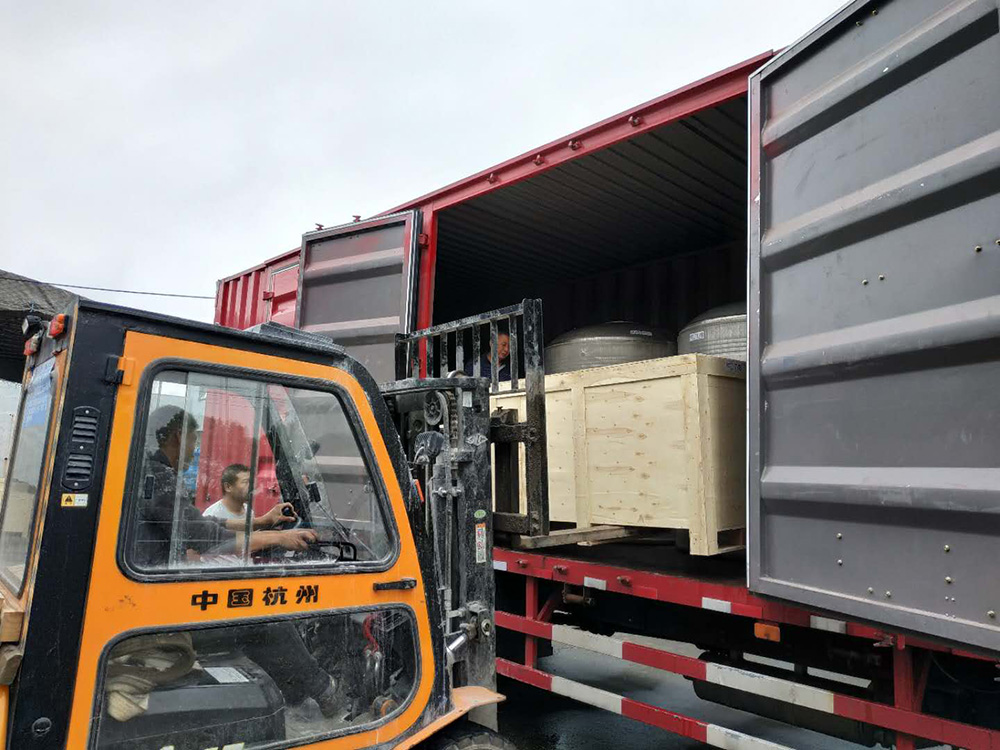
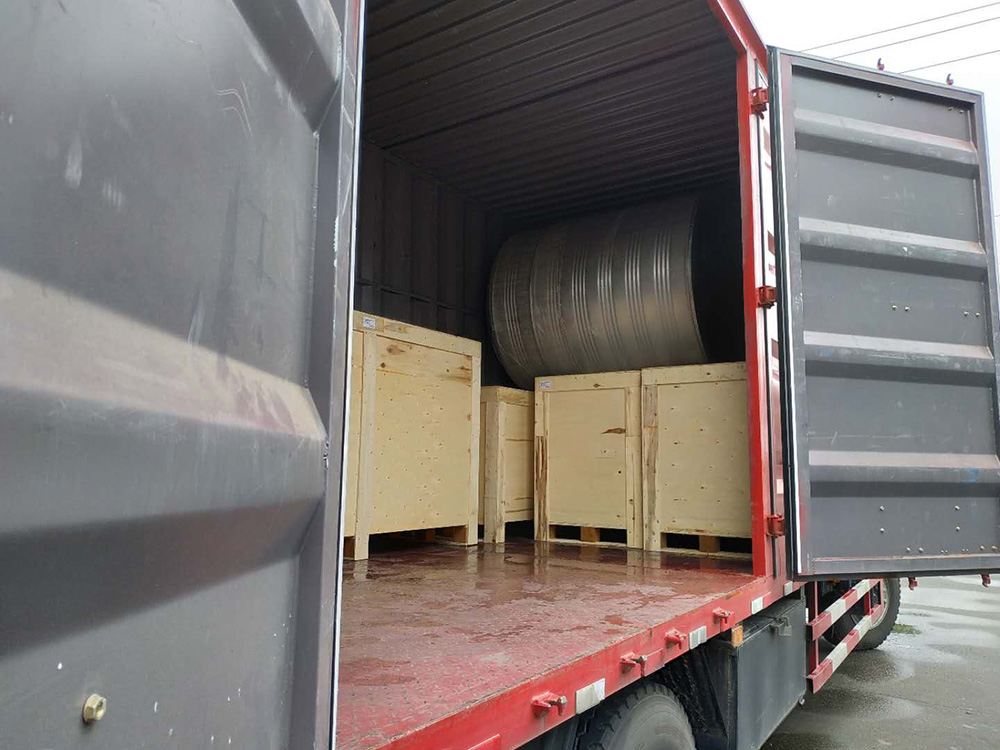
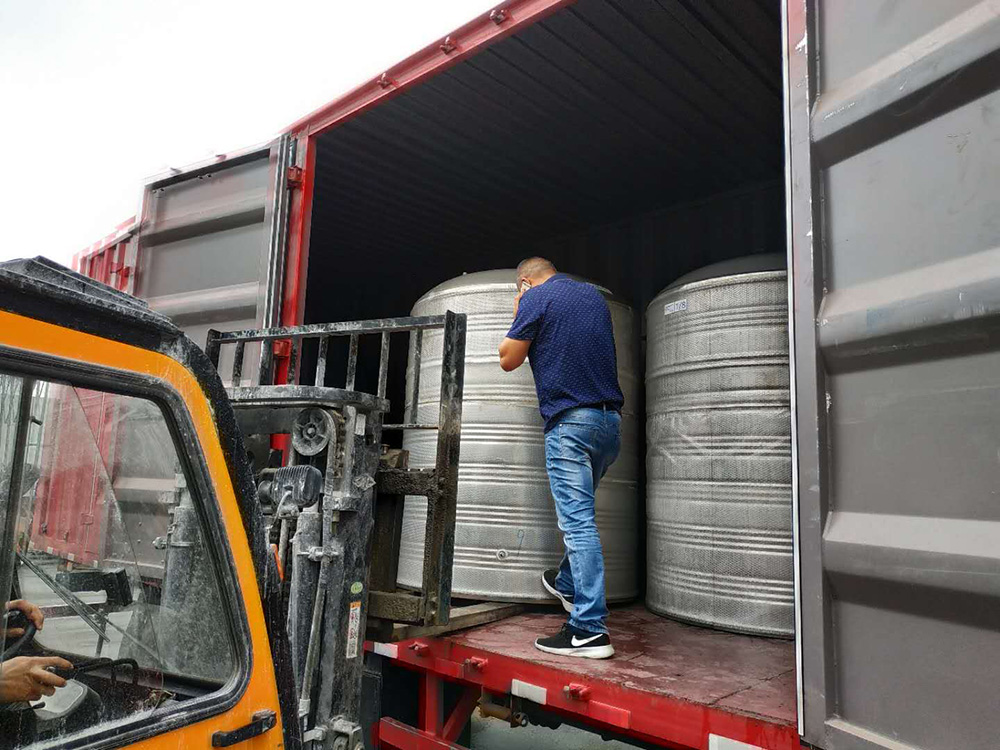
Does that Mean that Solar Thermal is Dead? No.
solar hot water flat plate array in maine
Two or three 4×7 solar hot water collectors will meet 75%+ of a home’s annual domestic hot water needs.
Solar hot water remains the water heating solution with the lowest operating costs. The more hot water you use, the higher the ROI. So, for a retired couple who are water misers, it may not be the most cost-effective choice. However, for an active family of 4-5, or for a multi-unit building, or commercial setting, it may significantly outperform any other technology over the long-term.
.jpg)
Solar hot water is also significantly more efficient on a per square foot basis, meaning, less roof space is required to meet your household or business’s energy needs. For example, 84 square feet of solar thermal collector will handily meet the needs of a 4 person home. Covering the same amount of load with PV panels powering an electric water heater, will require around 210 square feet!
Solar Hot Water
Pros:
Minimal ongoing energy usage
Meets 100% of water heating needs May-October and more than 50% the remainder of the year
Least roof space required to meet DHW load
Long-lived equipment carries 10 year warranties and system should last 20+ years
Best solution for relatively high consumers of hot water
Cons:
Highest upfront cost ($10,500 – $12,000 prior to 30% credit, in NH there is a ~$1,500 state rebate)
Maintenance required (roughly every 5 years)
Heat Pump Water Heaters – A More Efficient Form of Electric Water Heating
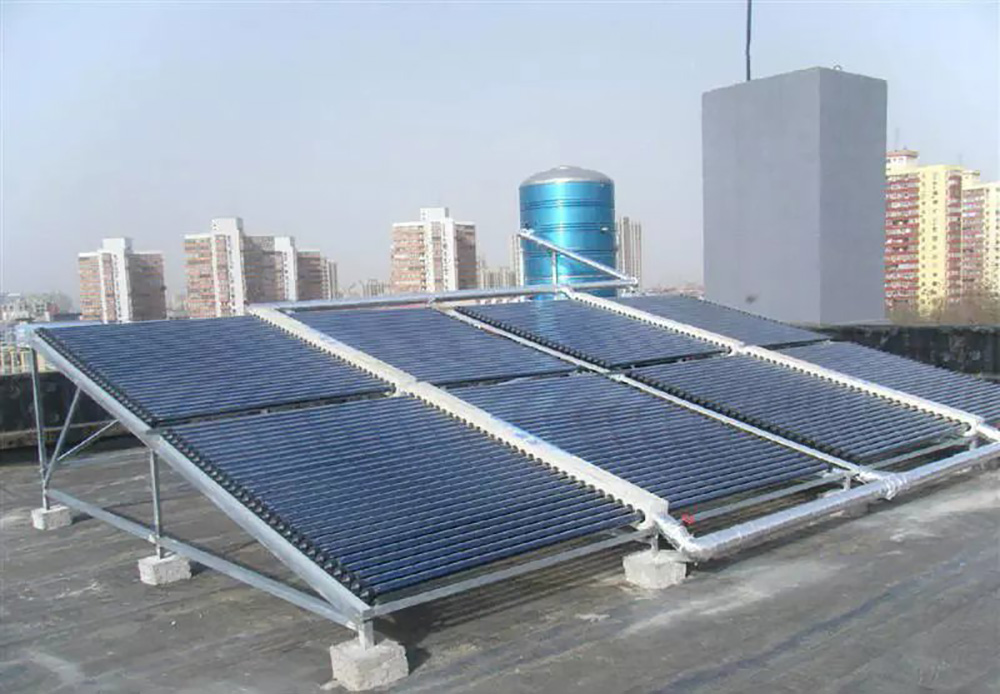
Heat Pump Water Heater.
Heat pump water heaters leverage the ambient air of your home for water heating. Similar to an air source heat pump, a heat pump water heater uses a refrigerant process to move, rather than create, heat. As a result, it can make hot water 200-600% more efficiently than a resistive electric tank. At the same time, it will dehumidify the room where it is placed.
Due to its much lower electric consumption, a heat pump water heater needs only about 1/3 of the PV modules to generate the electricity for domestic hot water as compared to a resistive electric tank.
